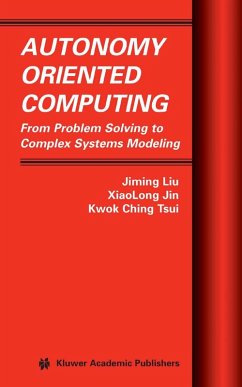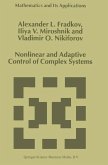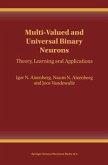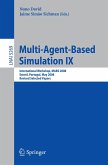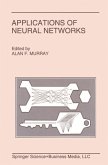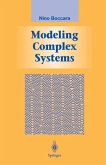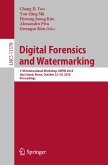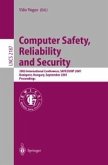Autonomy Oriented Computing explores the important theoretical and practical issues in AOC, by analyzing methodologies and presenting experimental case studies. The book serves as a comprehensive reference source for researchers, scientists, engineers, and professionals in all fields concerned with this promising new development in computer science. It can also be used as a main or supplementary text in graduate and undergraduate programs across a broad range of computer-related disciplines, including Robotics and Automation, Amorphous Computing, Image Processing and Computer Vision, Programming Paradigms, Computational Biology, and many others.
The first part of the book, Fundamentals, describes the basic concepts and characteristics of an AOC system, and then it enumerates the critical design and engineering issues faced in AOC system development. The second part of the book, AOC in Depth, provides a detailed analysis of methodologies and case studies to evaluate the use of AOC in problem solving and complex system modeling. The final chapter reviews the essential features of the AOC paradigm and outlines a number of possibilities for future research and development.
Numerous illustrative examples, experimental case studies, and exercises at the end of each chapter of Autonomy Oriented Computing help particularize and consolidate the methodologies and theories as they are presented.
The first part of the book, Fundamentals, describes the basic concepts and characteristics of an AOC system, and then it enumerates the critical design and engineering issues faced in AOC system development. The second part of the book, AOC in Depth, provides a detailed analysis of methodologies and case studies to evaluate the use of AOC in problem solving and complex system modeling. The final chapter reviews the essential features of the AOC paradigm and outlines a number of possibilities for future research and development.
Numerous illustrative examples, experimental case studies, and exercises at the end of each chapter of Autonomy Oriented Computing help particularize and consolidate the methodologies and theories as they are presented.
Dieser Download kann aus rechtlichen Gründen nur mit Rechnungsadresse in A, B, BG, CY, CZ, D, DK, EW, E, FIN, F, GR, HR, H, IRL, I, LT, L, LR, M, NL, PL, P, R, S, SLO, SK ausgeliefert werden.
From the reviews: "The book contains numerous illustrative examples and experimental case studies, and there is a rich collection of online resources at http://www.comp.hkbu.edu.hk/~jiming, including software (with source code), slides, and links. In this sense, the book has potential as a resource for a graduate course in evolutionary computation... In summary, as a coherent treatment of a substantial body of work, with implications and challenges for the broader field of emergent behavior, the book contains a fair amount of interesting and thoughtfully presented material, and will be of interest to many. In addition, the care taken by the authors to package the book with commentary on the approach and the place of the work in the fields, and the impressive collection of additional resources, is a model that others should be encouraged to follow." (L. Sonenberg, Association for Computing Machinery, Reviews.com, Sep 9 2005)

